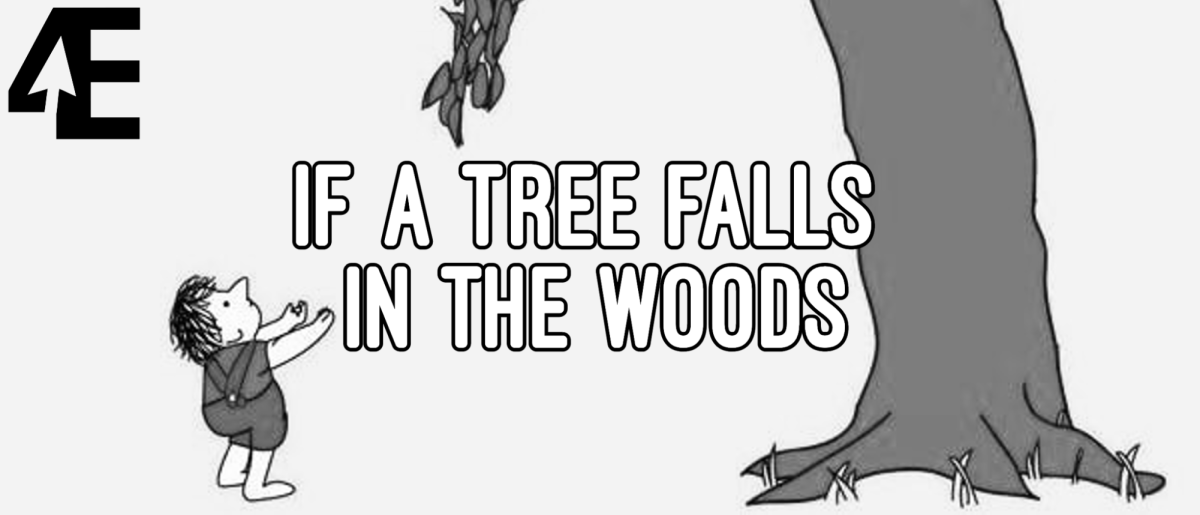If a tree falls in a forest and no one is around to hear it, does it make a sound?
In philosophy, there is the concept of death as the end of the world. Philosopher Jacques Derrida once asserted that everyone is an island, and no two islands are the same. When someone dies, their island is lost. There is no way for the others remaining to travel there — no boat, no bridges, nothing. What remains is a memory of the island. We can try to conjure the island, but it will never be the island itself, only our perception of it. Our relationship with that person almost feels like a figment of our imagination. Their vanished experience is inaccessible to the people left behind. We can only replay our conversations; we become the only ones left with the memories. As hard as we may try to remember them, even explain them to other people, no one else experiences them.
Leo Tolstoy once wrote in his diary:
“I was cleaning a room and, meandering about, approached the divan and couldn’t remember whether or not I had dusted it. Since these movements are habitual and unconscious, I could not remember and felt that it was impossible to remember — so that if I had dusted it and forgot — that is, had acted unconsciously, then it was the same as if I had not. If some conscious person had been watching, then the fact could be established. If, however, no one was looking, or looking on unconsciously, if the whole complex lives of many people go on unconsciously, then such lives are as if they had never been.”
Did he dust the divan? Tolstoy can’t remember. If there were no witnesses to observe the act, even if he did dust the sofa, it would be the same as if he hadn’t. In Tolstoy’s mind, if the tree falls and no one is there to hear the sound, it is as if the tree had never fallen at all. But he brings it to a larger idea of human existence. If we go on living our lives but never remember anything, it is as if we didn’t live a life at all.
So, if we can’t remember the moments we shared with our loved ones, do those moments still exist?
Now this is a pretty heavy thing to think about, but it’s one I’ve been contemplating since my philosophy class two weeks ago. When we experience a loss, we are hit with this wave of grief and overwhelming sadness, and we tend to replay every memory we have ever had with that person, big or small. We try to remember every detail, every dinner, every joke and conversation. We try to remember everything so that we can almost conjure them up from the dead. But there will always be things we missed, things we can’t remember that only exist within this void between your island and theirs.
In Lizzy McAlpine’s song “Drunk, Running,” she describes a desire to remember a version of her old relationship that was untainted by all the bad parts. But one particular line describes exactly the problem that comes with remembering someone.
“Make a person out of memories, they won’t live up to it”
We can try to make the person out of what we know about them, to imagine new conversations and jokes that they might make, but the reality is that it just isn’t them. I know, I know. This is really depressing and you are probably wondering why I’m going on and on about death and grief, but it’s because it tells us how to live. We will never be able to create a person just from our memories alone, because it will only ever be our version of them. In philosophical terms, there is an untranslatability to their experiences, a barrier that makes them other.
But once we come to terms with this idea (which is something that we might be grappling with forever), we realize that it is precisely because of the temporality of death that makes those moments with our loved ones so important. We can’t remember every memory, but we can appreciate the moment right now.
There is a place people go when they die that we just can’t follow. But if we accept this idea, it just might make loss a little bit easier to get through. There will always be trees that fall and we don’t hear. There will always be moments we have that we can’t remember. But it doesn’t make them any less important and any less real, at least at that moment in time.
And I guess that’s my answer to the question.








